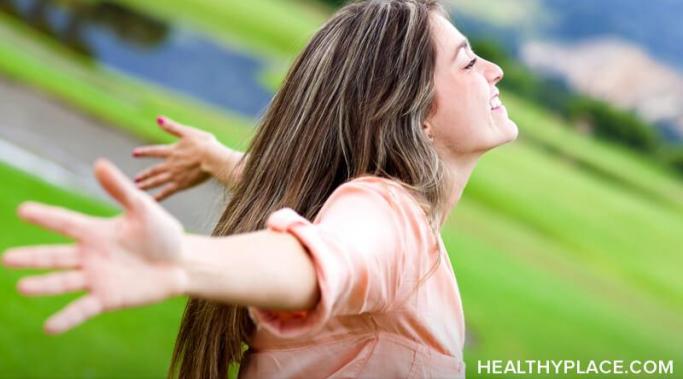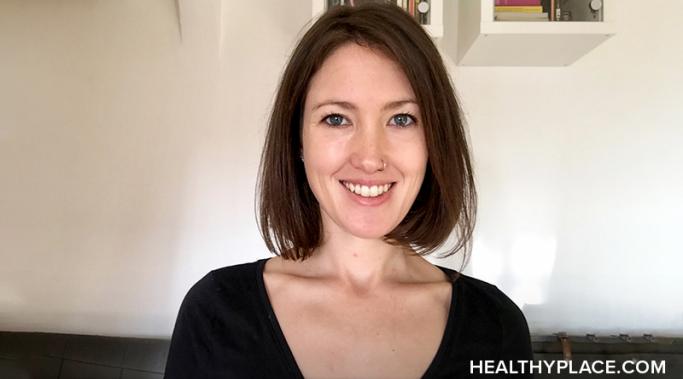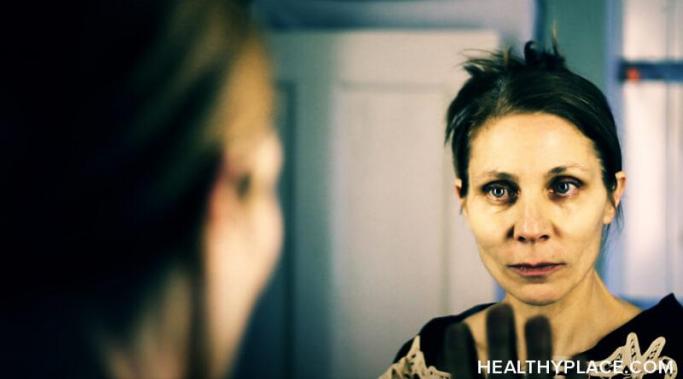Blogs
March 11 is a very important landmark date for me. This year, it marks the eighth anniversary of being smoke-free with schizoaffective disorder. Winning the battle to become smoke-free is no small feat, especially when you have a mental disorder. Here’s how I’m celebrating--as well as some insights I’ve gained over the years since I became smoke-free.
Coronavirus disease of 2019 (COVID 2019) crept into our world insidiously, and initially, global anxiety blipped but didn't skyrocket. Recently, amidst reports on traditional and social media--some factual and some fear-based, speculative rumor-- anxiety and panic have surged. Imagine what your life in this moment would be like if you could reduce your anxiety right now. While I do take COVID-19 and its effects seriously, I'm not all that worried about it. My current anxiety is low because I'm using the COVID-19 scare as an opportunity to cultivate calm. I'd like to show you how so you can decrease your own anxiety despite the serious nature of this situation.
The idea of “self-care” for your mental health is a concept that’s thrown around so much lately that it could be considered an obnoxious buzzword. With good reason, whenever a term reaches the “obnoxious buzzword” status, certain segments of the population are inclined not to take it seriously. I don’t want this to happen with the idea of self-care for your mental health, because it is honestly among the most important things you can do to if you’re stricken with anxiety.
No matter where you live, how old you are, what you do for work, or how healthy you are, coronavirus is most likely impacting your mental health in some way, shape, or form. As a graduate student living in New York City, where an imminent shelter-in-place may not necessarily be unrealistic, I have faced several lifestyle changes, for better or for worse. Furthermore, as someone diagnosed with depression and anxiety, I need to tend to my mental health during this coronavirus pandemic.
There is a documented prevalence of eating disorders in biracial women--but why? In this video, HealthyPlace "Surviving ED" co-author Hollay Ghadery discusses how her experience as a half Iranian and half white woman plays into these findings.
When I finally made the decision a couple of years ago to heal from my lifelong battle with anorexia, one lesson eating disorder recovery taught me is that access to healthy food is a privilege. As I obsessed about the nutrition and ingredients of whatever I consumed—tabulating each item's sodium, carbohydrate, and refined sugar content—it dawned on me that not everyone can afford to be as selective or meticulous about the foods they eat.
Are you worried about how social distancing will affect your recovery? Use these tips to keep yourself safe and healthy.
Caregiver guilt has been something that has featured heavily for me since my brother, Josh,* was diagnosed with anxiety and depression. For me, this caregiver guilt is a very uncomfortable emotion that I struggle to talk about -- and I want to pick it apart a little bit in this post.
My name is Victoria Peel-Yates and I am the new author of the "Binge Eating Recovery" blog. I look forward to sharing my experiences with the HealthyPlace community, focusing on the underlying emotional issues behind binge eating disorder and sharing tools and techniques that have helped me overcome them. I also look forward to hearing your stories and learning and growing together.
Quite a few people in commenting about this blog have mentioned that they think my schizoaffective voices are spirits or come from the spirit world. Although I am a very spiritual person, I don’t believe my schizoaffective voices are in any way spiritual. Here’s why.









